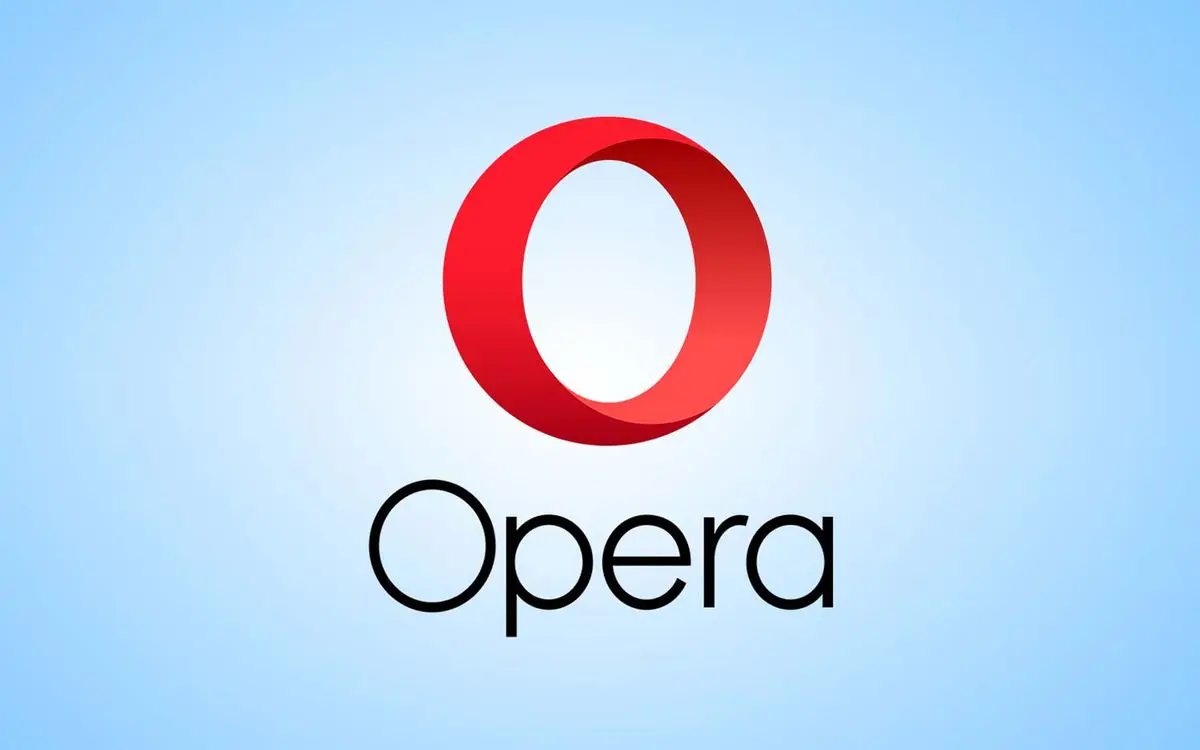When discussing web browsers, Opera may not be the first name that comes to mind. However, this often-overlooked browser has a dedicated fan base and a history of innovation. Launched in 1995, Opera has continually reinvented itself with unique features and a focus on performance. But like any browser, it has its strengths and weaknesses. Let’s explore the good and the bad of Opera to understand what makes it stand out—and what might hold it back.
The Good: Why Opera Deserves Attention
1. Innovative Features
Opera has a reputation for introducing features that other browsers later adopt. For example:
• Built-in VPN: Opera includes a free, no-signup VPN that enhances privacy by masking your IP address.
• Ad Blocker: A built-in ad blocker improves page loading times and reduces intrusive advertisements.
• Sidebar and Workspaces: These tools make multitasking easier, allowing users to organize tabs and access messaging apps like WhatsApp, Messenger, and Instagram directly from the browser.
• Video Pop-Out: This feature enables users to watch videos in a floating window while browsing other tabs.
2. Speed and Performance
Opera is built on the Chromium engine, ensuring fast and reliable performance. Its lightweight nature makes it particularly suitable for older or less powerful devices, offering an efficient alternative to resource-heavy browsers like Chrome.
3. Customization Options
Opera allows extensive customization with themes, extensions, and features like My Flow, which lets users sync files and links between their devices. The browser is designed to be personal, catering to individual user needs.
4. Gaming Browser: Opera GX
For gamers, Opera GX is a specialized version of Opera with unique features like RAM and CPU limiters, customizable themes, and integrations with Twitch and Discord. It’s one of the few browsers explicitly tailored for gamers.
5. Battery Saver Mode
Opera’s battery saver feature extends laptop battery life by reducing background activity, optimizing performance, and disabling unnecessary animations.
6. Cross-Device Synchronization
Opera syncs data like bookmarks, passwords, and history across devices seamlessly, making it easy for users to switch between their desktop, tablet, and mobile browsers.
The Bad: Where Opera Falls Short
1. Privacy Concerns
While Opera’s built-in VPN and ad blocker seem privacy-friendly, some critics point to its ownership by a Chinese consortium as a potential red flag. Concerns about data handling and transparency may deter privacy-focused users.
2. Limited Extension Library
Although Opera supports Chromium-based extensions, its dedicated extension library is smaller than those of Chrome or Firefox. This limitation might frustrate users who rely on specific tools or plugins.
3. Market Share and Compatibility
Opera holds a relatively small share of the browser market, which can lead to occasional compatibility issues with certain websites. Developers are less likely to optimize for Opera compared to more popular browsers like Chrome or Safari.
4. Overwhelming Features for Some Users
While Opera’s packed feature set is a selling point for power users, casual users might find it overwhelming. The number of options and tools can make the interface feel cluttered.
5. Lack of Ecosystem Integration
Unlike Chrome or Edge, which integrate deeply with Google and Microsoft ecosystems, Opera doesn’t have a comparable suite of native apps and services. This might deter users who prefer seamless integration across devices and software.
Striking the Balance: The Opera Experience
Opera is a browser designed for those who want something different. It caters to users who value unique features, speed, and flexibility. For privacy-conscious individuals or gamers, Opera’s built-in tools offer significant advantages. However, its smaller market share and lingering questions about privacy may make some users think twice.
The Verdict
The Good
• Free built-in VPN and ad blocker for privacy and performance.
• Innovative multitasking features like sidebar apps and workspaces.
• Fast and lightweight, even on older devices.
• Opera GX offers gamer-focused tools and customization.
• Battery saver mode for extended laptop use.
The Bad
• Privacy concerns due to ownership and limited transparency.
• A smaller extension library compared to Chrome and Firefox.
• Occasional website compatibility issues.
• Overwhelming for casual users unfamiliar with its features.
• Lack of a broader app ecosystem.
Opera may not have the popularity of Chrome or Firefox, but it holds its own as a unique, feature-rich browser. Whether it’s the right choice for you depends on your priorities. If you value customization, privacy tools, and innovation, Opera might just be worth a try.
What’s your take on Opera? Do you use it, or do you prefer a more mainstream browser? Share your thoughts and experiences in the comments below!


Leave a Reply